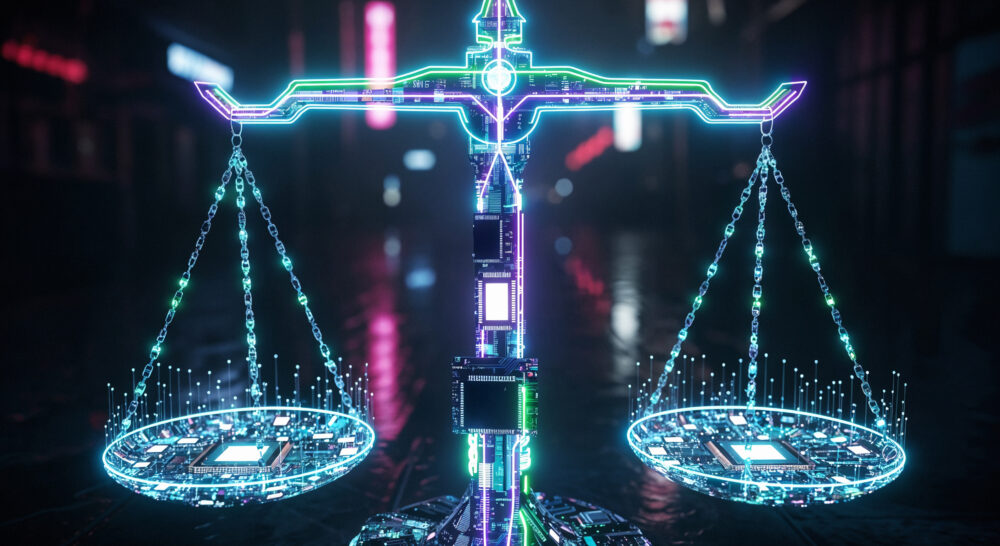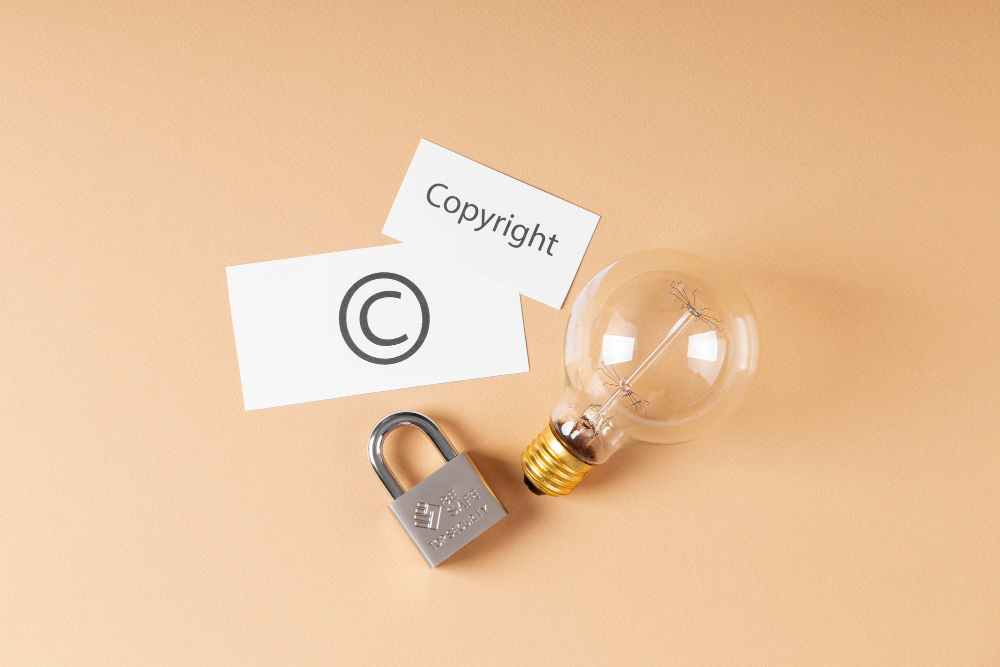In the context of the rapidly growing reality television industry, the issue of protecting intellectual property rights for the format of reality game shows has become a significant global challenge. Although reality programs have become an indispensable part of television broadcasting schedules, legal protection for game show formats still faces numerous difficulties and limitations. This has led to a situation where producers and television networks must seek alternative solutions to protect their intellectual property in this field.
1. The Complexity of Game Show Formats
Precisely defining the format of a reality game show is a complex issue that has caused much controversy in the entertainment industry. A game show format is not merely an idea, but rather a unique combination of various elements. This complexity stems from the fact that the format includes numerous different components, from game rules and competition methods to program structure, entertainment elements, and presentation style. Each of these elements, when considered individually, may be deemed too basic to copyright protected. However, it is the unique combination of these elements that creates a distinct identity for each program.
Copyright protection for reality game show formats is a complex issue in the legal field. Although game show formats often include many creative elements, determining the boundary between unprotected “ideas” and protectable “expressions” remains challenging. This leads to a situation where many game show formats are not fully protected under copyright law. However, certain specific aspects of the format, such as detailed scripts or unique visual elements, may be individually protected.
Reality game shows are often more complex than traditional scripted programs. Reality shows typically lack a fixed script. In the absence of a script, random creative elements form the “format” of the program – or in other words, the overall “look and feel” of the game show. Consequently, the program’s format becomes the focus of allegations of plagiarism and idea copying, rather than focusing on words, scripts, or images as in traditional television copyright lawsuits. However, without a script to examine, courts face difficulties in applying copyright analysis to lawsuits regarding game show formats. To date, no clear standards have been established to resolve these cases.
Regarding this aspect, in the case where CBS sued ABC claiming that ABC’s program “I’m a Celebrity… Get Me Out of Here!” had copied the format of CBS’s “Survivor,” the court assessed the distinctiveness between the two programs based on a combination of many factors. For instance, Celebrity had a humorous tone, in contrast to the serious nature of Survivor. The court also pointed out differences in production values, where Survivor had visually appealing, artistic imagery, while Celebrity had a style more akin to self-recorded video. Additionally, there were many differences in the presentation of the hosts, contestant behavior, music, and other elements. All of these factors led the court to conclude that CBS would have difficulty proving significant similarities between the two programs.
2. Common Intellectual Property Violations in Game Show Production
In the field of reality game show production, intellectual property violations often occur in various forms, posing significant challenges to this industry. One of the most common violations is the excessive copying or imitation of formats from successful game shows. This often leads to complex legal disputes, as in the case of the lawsuit between CBS and ABC regarding the program “I’m a Celebrity… Get Me Out of Here!”, where CBS accused ABC of copying the format of “Survivor”.
The use of copyrighted music without proper licensing is also a serious issue in game show production. Many game shows often use popular songs as background music or in competition segments, but do not always ensure proper permission and full copyright fee payment. This not only violates the intellectual property rights of musicians and music producers but can also lead to significant legal and financial consequences for game show producers.
Another form of violation is the use of images, videos, or other materials without the permission of the owners. During production, game show makers may inadvertently or intentionally use these contents without awareness of copyright issues, leading to unnecessary legal risks.
Finally, a complex issue is handling intellectual property rights for content created by program participants. Many game shows encourage contestants to create content such as videos, drawings, or other artistic works. However, without clear agreements on the rights to use these contents, disputes may arise between participants and program producers.
3. Common Challenges in Addressing Intellectual Property Infringement in Reality Game Show Production
Game show organizers often face numerous risks related to intellectual property infringement. One of the biggest challenges is determining the boundary between “inspiration” and “copying” formats from other programs. Many lawsuits have occurred when producers are accused of copying ideas or formats from previously produced programs.
Addressing intellectual property infringement in the game show field currently faces many significant difficulties and challenges. Many elements in game show formats are often considered “common” or “basic” elements, making it complex to determine uniqueness and protectability. Courts often struggle to decide whether arranging common elements in a specific way is creative enough to warrant intellectual property protection. This creates an uncertain environment for producers and can lead to many legal disputes.
Another challenge is balancing the protection of intellectual property rights with ensuring creative freedom in the entertainment industry. Courts often prioritize maintaining the free flow of ideas over allowing television producers exclusivity over certain program formats. This can reduce the creative motivation of producers, as they fear their ideas will be copied without adequate protection.
Additionally, some game show organizers rely on trademark law to protect their rights. However, this effort is not always effective. Unlike copyright law that protects literary and artistic works, trademark law focuses on protecting symbols, elements, or designs used to identify products in the market and prevent confusion about the origin of products or services. Trademark infringement is based on the “likelihood of confusion” for consumers, determined by a complex test with multiple factors, and may be entirely different from the objectives that a game show might aim for or achieve.
Furthermore, the international nature of the television industry creates its own challenges. Game show formats are often bought, sold, and reproduced in many different countries, each with its own legal system and approach to intellectual property rights. This can lead to complex and difficult-to-resolve disputes when cross-border violations occur.
Finally, the rapid development of technology and new media also creates challenges in applying traditional copyright law to the digital environment. Streaming platforms and social media have changed the way content is produced and distributed, requiring new approaches to protecting intellectual property rights for game show formats.
Recommendations
To best protect their intellectual property rights for game show formats, producers need to understand the core principles in handling intellectual property violations in this field, including:
- First, copyright law only protects specific expressions, not ideas.
- Second, courts often consider the originality in selecting and arranging common elements to determine protectability.
- Third, the principle of balancing intellectual property rights protection and ensuring freedom of speech and expression of ideas.
- Fourth, confidentiality and non-compete agreements may be recognized in some limited cases.
Based on current practices and key principles, game show production units should note the following important points to protect intellectual property rights for their created game show formats:
- Develop uniqueness: Focus on creating a unique combination of elements, rather than relying solely on basic ideas. This will help increase the protectability of the format.
- Detailed documentation: Store all documents related to the format development process, including drafts, meeting notes, and different versions of ideas. These documents can be important evidence in case of disputes.
- Sign confidentiality agreements: Require all those involved in the format development process to sign confidentiality agreements to prevent the disclosure of important information.
- Copyright registration: Although ideas cannot be copyrighted, copyright can be registered for specific materials such as scripts, production guides, or graphic elements.
- Use trademarks: Register trademarks for program names and other brand identity elements to enhance legal protection.
- Thorough due diligence: Before developing a new format, conduct careful research to ensure no unintentional infringement of intellectual property rights of existing programs.
- Develop legal strategy: Prepare an action plan in case of detected infringement, including evidence collection and necessary legal steps.
- Create a “format bible”: Develop a detailed document describing all aspects of the format, from program structure to specific production elements, to serve as evidence of the format’s uniqueness and creativity.
See more:
1/ Copyright infringement of cinematography works
2/ How to protect the author – right of musicial work in the digital age
Disclaimers:
This article is for general information purposes only and is not intended to provide any legal advice for any particular case. The legal provisions referenced in the content are in effect at the time of publication but may have expired at the time you read the content. We therefore advise that you always consult a professional consultant before applying any content.
For issues related to the content or intellectual property rights of the article, please email cs@apolatlegal.vn.
Apolat Legal is a law firm in Vietnam with experience and capacity to provide consulting services related to Intellectual Property Rights and contact our team of lawyers in Vietnam via email info@apolatlegal.com.



































